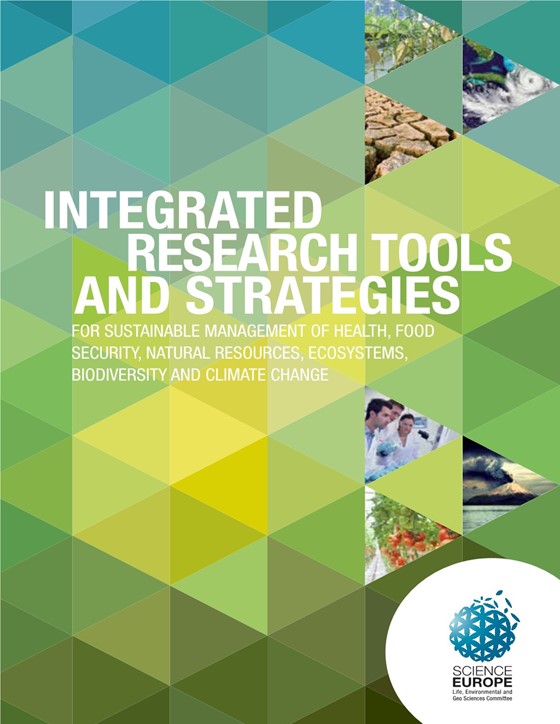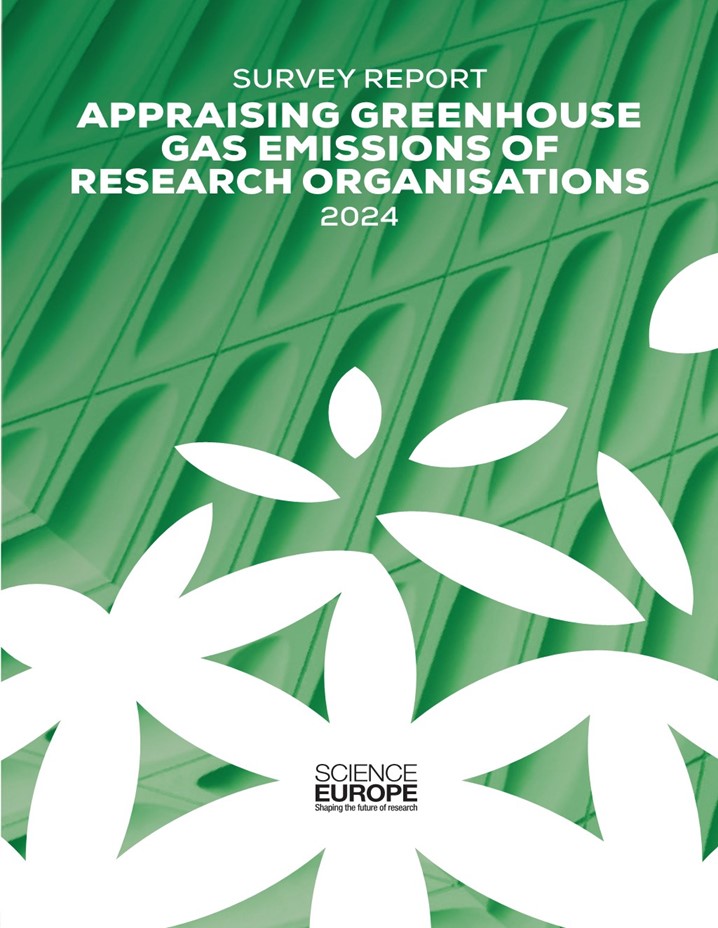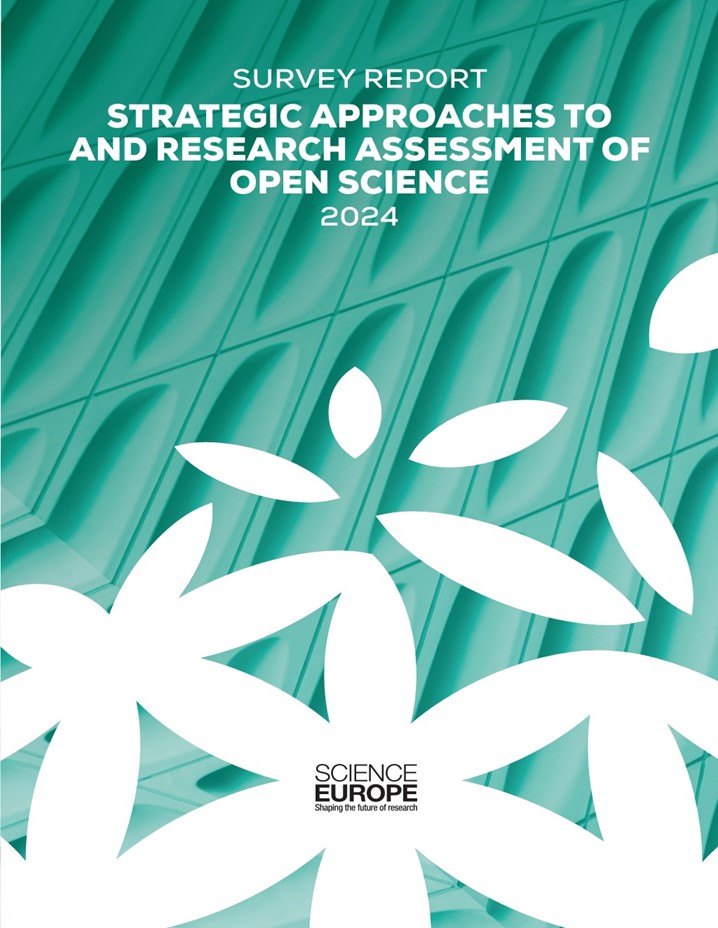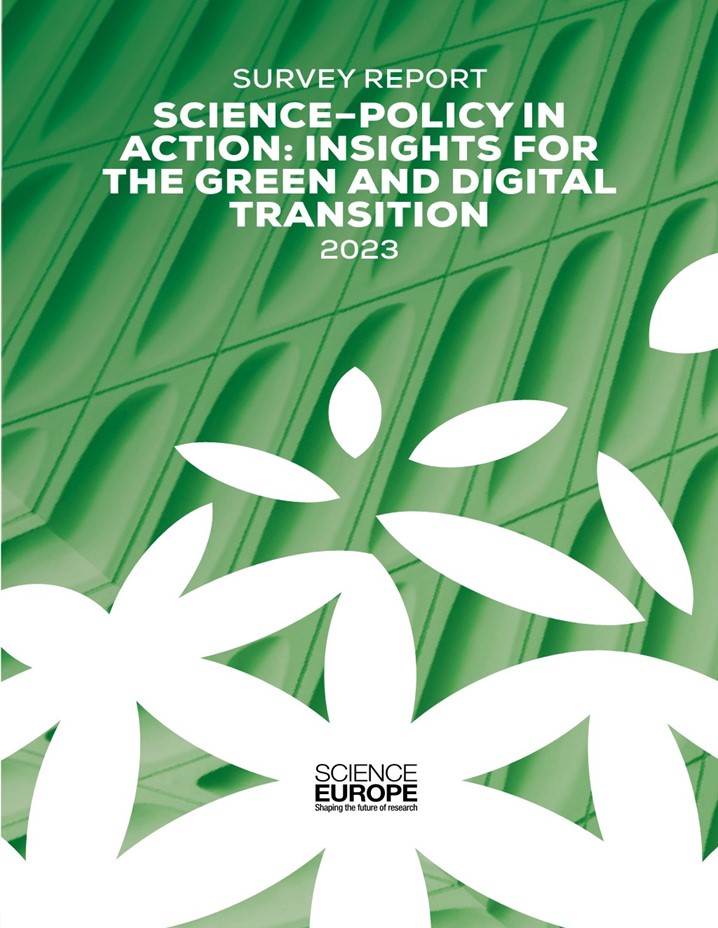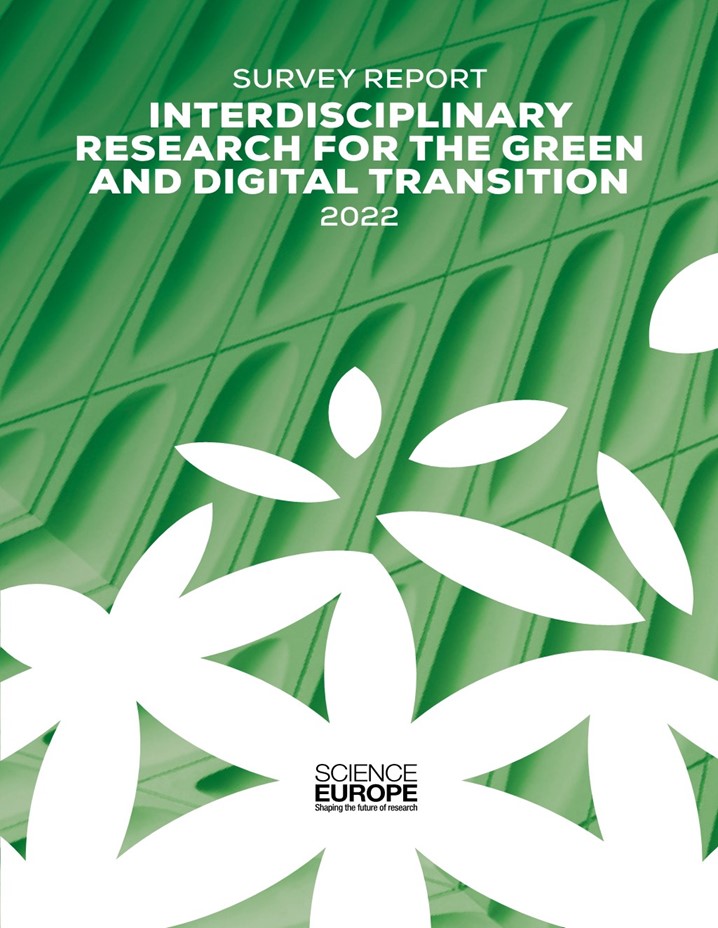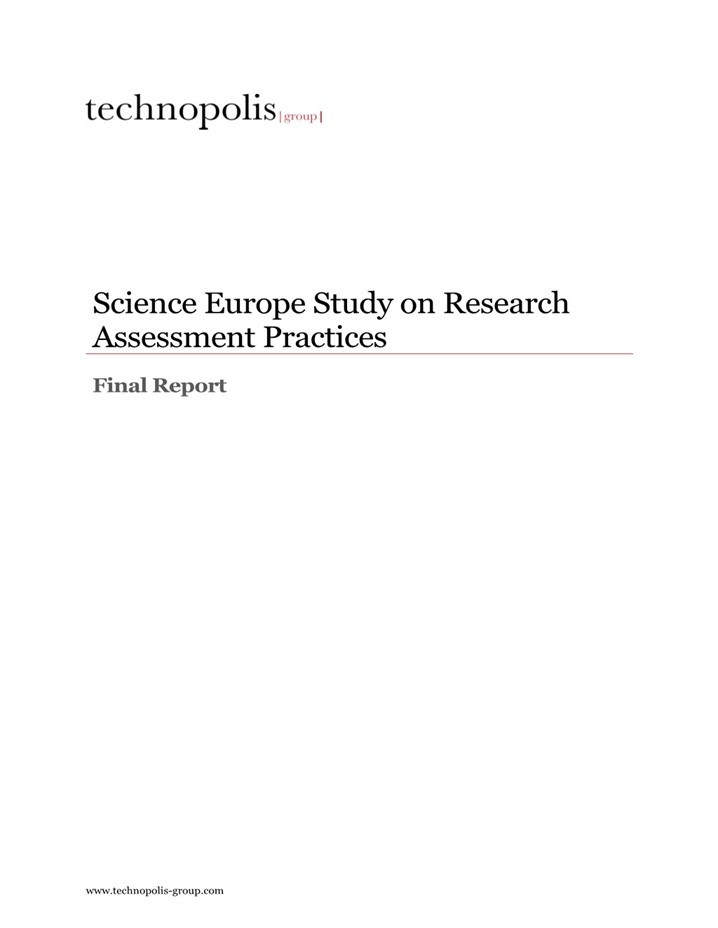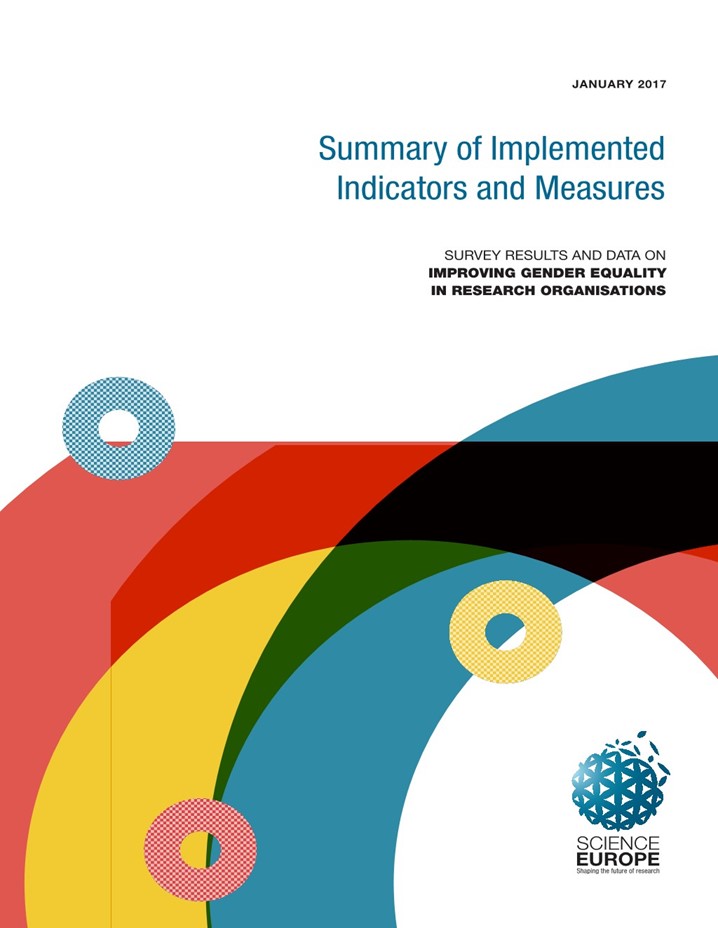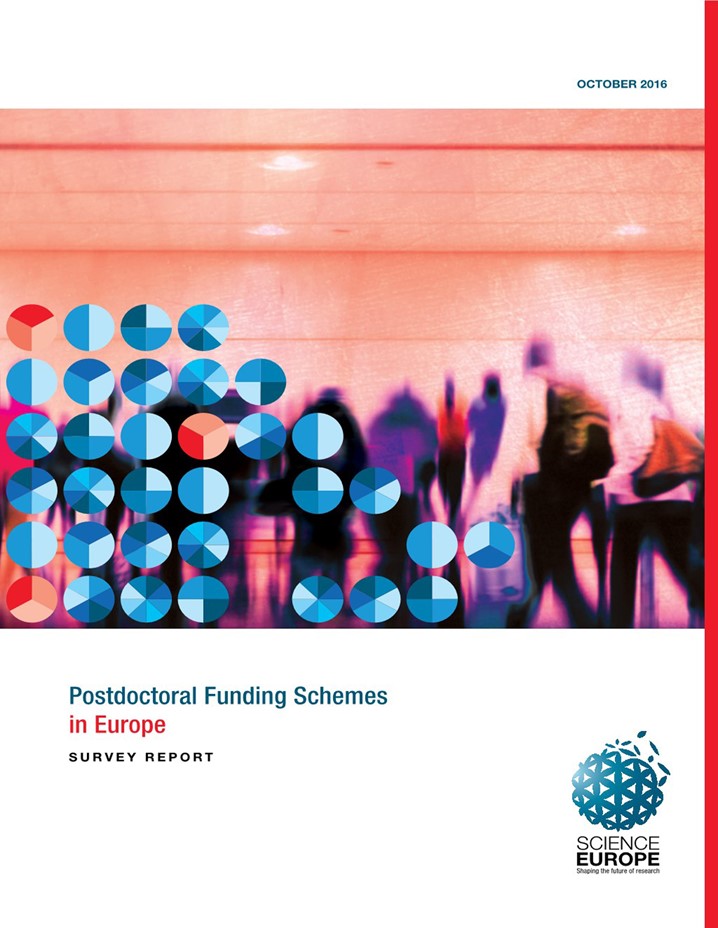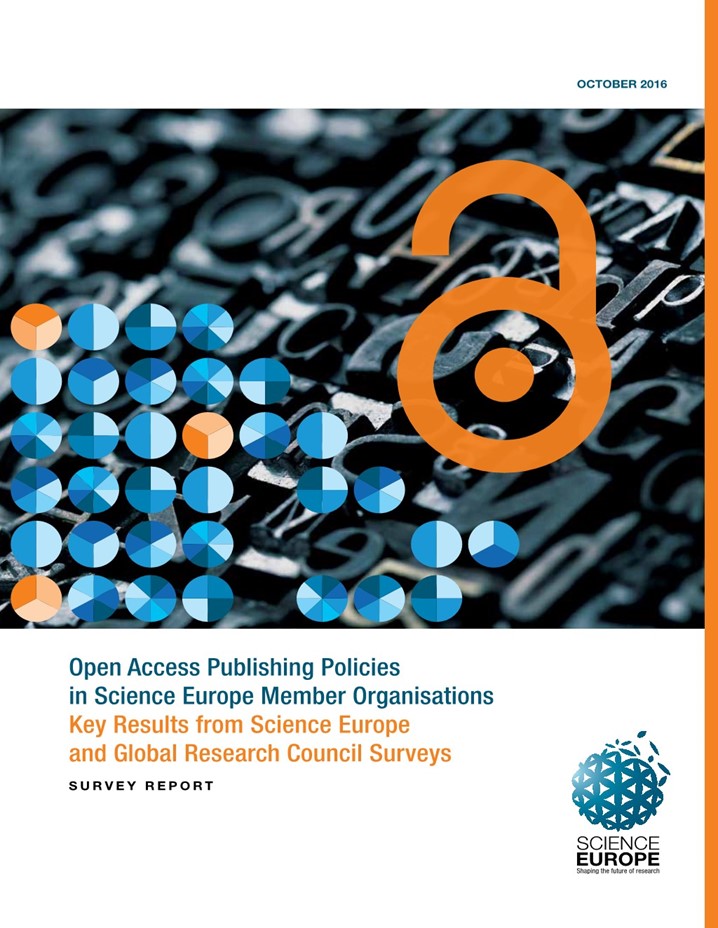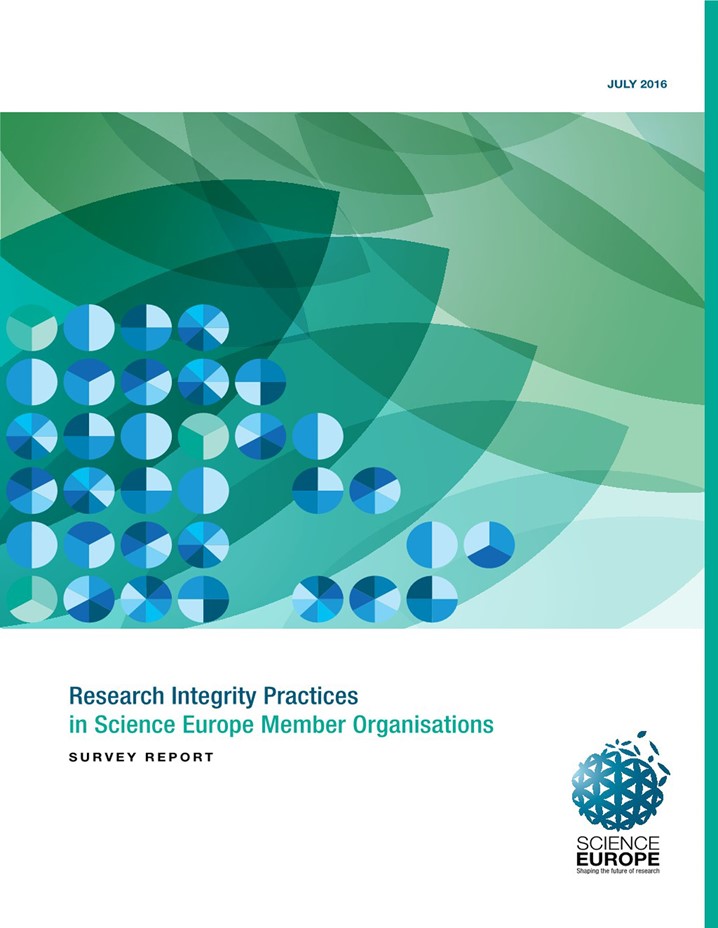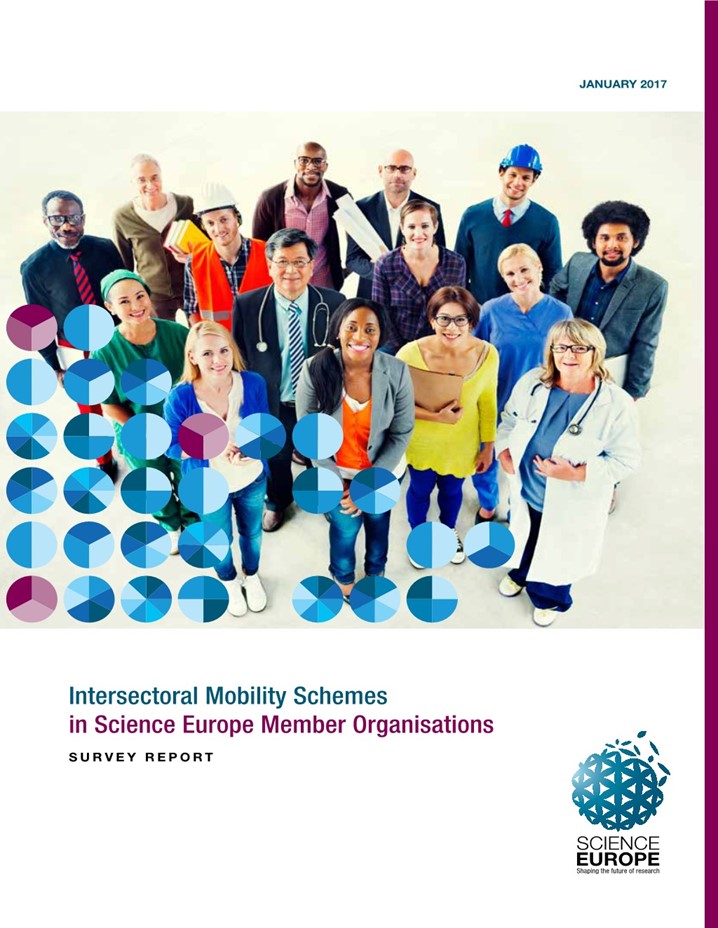Member-only content is available on this page. Please log in to view this content.
- Download
-
Share on
Integrated Research Tools and Strategies for Sustainable Management of Health, Food, Security, Natural Resources, Ecosystems, Biodiversity and Climate Change
Improving the world’s resilience to future impacts of global environmental change is of utmost importance. This brochure outlines strategies on different areas such as health, food, security, and biodiversity and underlines the importance of conserving the planet’s natural resources while adapting to various effects of climate change.
Download resourceRelated content
Survey Report: Appraising Greenhouse Gas Emissions of Research Organisations
This report provides the responses from a survey among Science Europe Member Organisations on their engagement with and initiatives to reduce their greenhouse gas emissions.
Survey Report Strategic Approaches to, and Research Assessment of, Open Science
This report analyses the role of public research funding and performing organisations in Europe in the shifting landscape of open science and research assessment reform. The findings demonstrate how Science Europe's Member Organisations actively shape and contribute to these developments.
Science–Policy in Action: Insights for the Green and Digital Transition
This report aims to identify activities for science-informed policy making, to map those funded and performed by Science Europe Member Organisations, and suggests some recommendations. It is based on a survey held among Science Europe Member Organisations and a subsequent focus group.
Interdisciplinary Research for the Green and Digital Transition
Science Europe surveyed its Member Organisations on existing practices and policies for interdisciplinary research for the Green & Digital Transition. This report presents the results and some recommendations to reinforce, develop, and improve them.
Science Europe Study on Research Assessment Practices
In 2019, Science Europe conducted a flagship study on research assessment processes and practices. The study was developed and overseen by the Science Europe Task Force on Research Assessment and the Science Europe Office, and implemented by Technopolis Group Vienna.
Summary of Implemented Indicators and Measures: Survey Results and Data on Improving Gender Equality in Research Organisations
This document complements the ‘Practical Guide to Improving Gender Equality in Research Organisations.’ It provides the qualitative and quantitative background data on which parts of the guide are based and measures the implementation of gender equality measures within Science Europe Member Organisations.
Postdoctoral Funding Schemes in Europe
The postdoctoral period is a critical phase in a researcher´s career: it is when (s)he chooses whether to pursue a scientific career, and succeeds in achieving that goal, or not. Science Europe has carried out a mapping of support opportunities for postdoctoral researchers, or ‘postdocs’, to improve understanding of what funders do to support researchers’ careers after the completion of their PhD, and to learn whether existing funding schemes can be improved in terms of career support.
Open Access Publishing Policies in Science Europe Member Organisations: Key Results from Science Europe and Global Research Council Surveys
Open Access greatly improves the pace, efficiency, and efficacy of research. This report highlights the efforts made by public research organisations in Europe to develop and implement Open Access policies and addresses the challenges faced by different actors in order to facilitate and accelerate the transition towards full Open Access for all scholarly publications by 2020.
Research Integrity Practices in Science Europe Member Organisations
Research integrity is at the core of the research endeavour. It is the basis for researchers’ trust in each other and in the research record and, equally importantly, society’s trust in research. This report maps existing policies, procedures, and practices for promoting research integrity and builds upon this to make a number of key recommendations for improving research integrity including processes and policies, awareness raising, training, and collaboration.
Intersectoral Mobility Schemes in Science Europe Member Organisations
Intersectoral mobility of researchers is gaining political momentum in Europe, with more interest in bringing in the competences that characterise researchers into public, private, and not-for-profit sectors. This survey report looks at the diversity of measures that are in place within Science Europe Member Organisations to enable researchers to be more mobile across different sectors of employment

